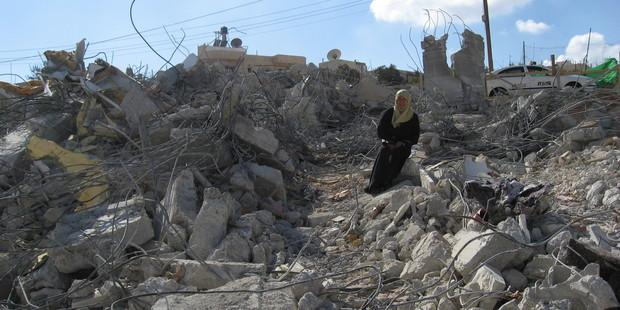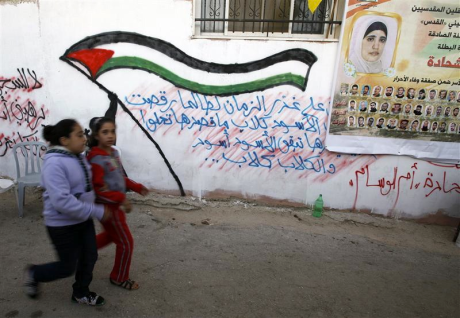Category: In the Media
-
Record number of Palestinians displaced by demolitions as Quartet continues to talk
13 December 2011 | Amnesty International Israeli authorities have stepped up unlawful demolitions in the West Bank including East Jerusalem over the past year, displacing a record number of Palestinian families from their homes, an international coalition of 20 leading aid agencies and human rights groups said today. The statement comes as the Middle East…
-
Live updates from Sheikh Jarrah – Visit ISM’s Night Watch blog
14 December 2011 | International Solidarity Movement, West Bank ISM has been following the situation of the Al Kurd family from Sheikh Jarrah since 2009 and has kept a presence in the garden of their home. On December 4th Nabil Al Kurd and his mother, accompanied by international and Israeli activists went to the Court…
-
New report documents children under fire in Gaza
13 December 2011 | AlertNet Twenty-eight cases of children being shot at by the border fence between Israel and the Gaza strip whilst gathering building materials like gravel, or working by the fence, have been documented by Defence for Children International in their latest report ‘Children of Gravel’. The shootings reportedly took place between March…



